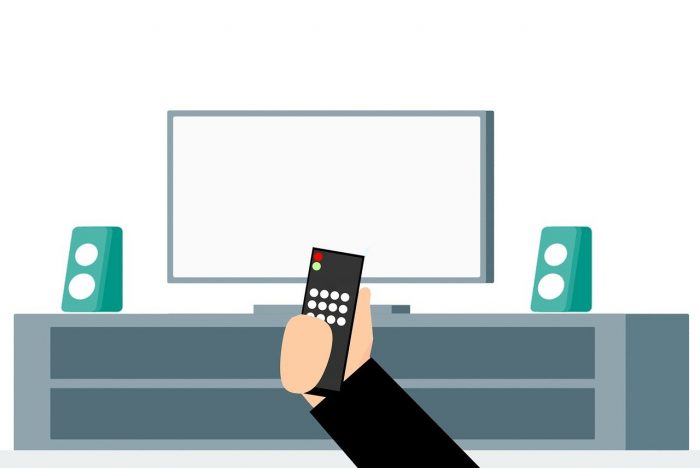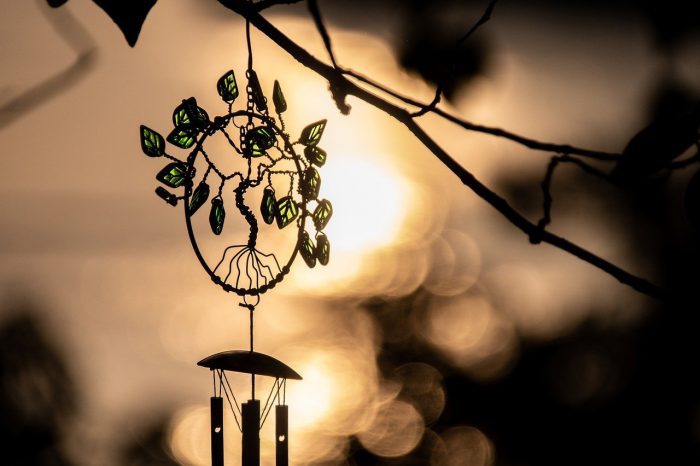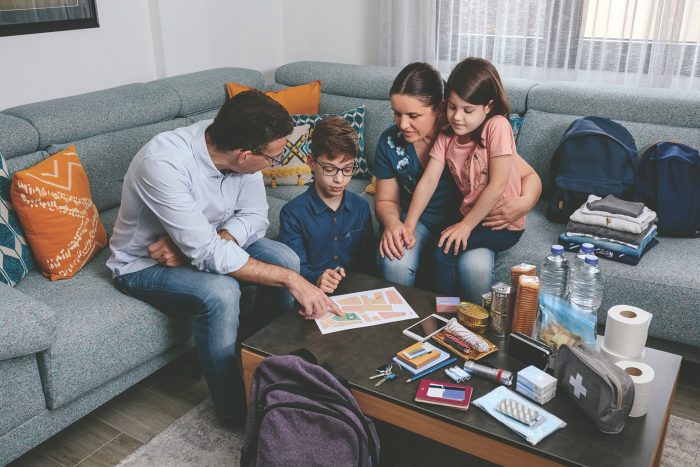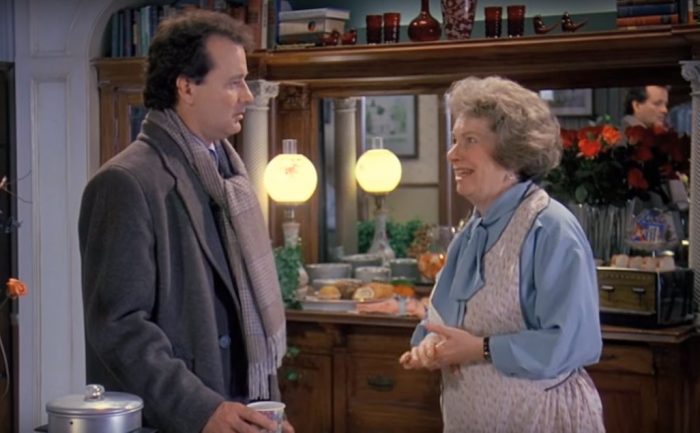By Daniel Dunaief

I hope my television is well rested.
Sure, we’ve watched movies here and there. We’ve gone through all the episodes of “Succession.” We’re also looking forward to the next chapters in the Keri Russell political drama “The Diplomat.”
My television, however, gets a different kind of attention during the upcoming baseball season. No, I don’t watch every Yankees game, even though, if I had the time and access, I probably would catch some of each game.
As a passionate Yankee fan, I have glared at the TV, barked at it (well, and the players on the screen at any given time) and even threatened to pick it up and throw it out the window once in a while.
Incidentally, I’ve never damaged a TV during a baseball season, no matter how frustrated I might get at the number of runners left on base, at the manager for taking someone out or at the players for not driving in a runner from third with fewer than two outs.
Long ago, I watched Game 6 of the 1986 World Series, when the Mets came back from a seemingly insurmountable deficit in the bottom of the ninth inning against the Boston Red Sox for a win that sent the series to a final game. Surrounded by gloating Red Sox fans, I watched as the game unraveled.
With my roommate in tow — we were both rooting for the Mets because he had placed a bet he couldn’t afford to lose and, as a Yankees fan, I had to support any team that played the Red Sox — we walked silently out of a room filled with furious fans.
Just before we opened the door to leave the apartment, the TV we had been watching crash-landed at our feet, exploding into numerous pieces. That night, we joined a small band of New Yorkers cheering “let’s go Mets,” while we stayed far from TV projectile range.
In this millennium, of course, the Red Sox have faired far better than both New York teams, winning four titles compared with one for the Yankees and none for the Mets.
Returning to this season, I’m sure I’ll watch the slow motion replay of a pitch that dives well outside the strike zone that will cause one of the monster hitters on the Yankees to look like they are swinging a fly swatter at an evasive insect.
At that point, I’ll tell the TV how I had told the hitter not to swing and that he should have listened to me.
Yes, I will blame the TV for not communicating somehow with the batter that I knew it.
Fortunately for me, the TV will never remind me of the times I instructed the hitter not to swing at a pitch, only to celebrate when that player crushed a game winning hit into the gap in left center field, scoring the runner sprinting home from first.
The TV will undoubtedly also hear me affix blame at its electronic feet when the channel suddenly doesn’t come in, becomes pixelated or freezes just as a critical full count pitch reaches the plate.
I could check online to see what happened, but I’d rather watch it unfold live, excruciating as the result may be when the Yankees lose yet another winnable game.
The TV knows baseball is a wonderful, miserable experience for me on some days, while it’s a miserable, wonderful one on others.
As I watch an enormous Yankees lead dissolve slowly, the TV and I both know that any opponent – even, gasp!, the Red Sox – can still win.
On the other hand, the Yankees can take a few hard punches to their solar plexus and do the same, setting a comeback record.
If you could ask my TV, he’d tell you that I’m nervous about this season. We have a few important parts, but not enough depth, particularly among our pitchers.
My TV knows that the marathon baseball season will be filled with numerous dramatic rises and falls. It also knows my tendency to turn the channel as soon as the other team records the final out against the Yankees.
Fortunately, my TV gets a break during All Star weekend and in November. The TV should fasten its seatbelt. It’s a long and likely bumpy ride between now and then.














